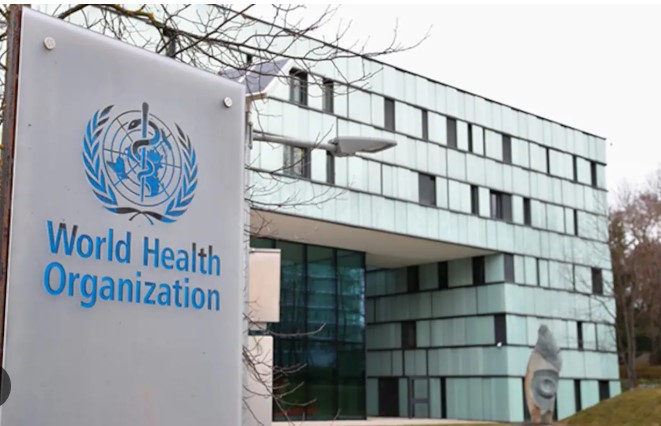The World Health Organisation (WHO) has declared Timor-Leste malaria-free — a major public health victory for the young nation, which has prioritised the disease since gaining independence in 2002.
Timor-Leste is now the 47th country, and the third in the WHO South-East Asia region after the Maldives and Sri Lanka, to achieve malaria-free status.
The certification shared on Thursday confirms there has been no local transmission for at least three consecutive years.
“Timor-Leste’s success shows that with strong leadership, smart health strategies, and investment, malaria can be beaten,” said WHO Director-General Dr Tedros Adhanom Ghebreyesus.
From High Burden to Elimination
In 2006, the country recorded over 223,000 malaria cases. By 2021, that number had dropped to zero. This turnaround began with the launch of the National Malaria Programme in 2003. Despite limited staff, the programme laid strong foundations through early planning, technical guidance, and community engagement.
Timor-Leste introduced rapid diagnostic tests, effective malaria treatments, and widespread distribution of insecticide-treated nets. With support from the Global Fund, vector control and indoor spraying campaigns were expanded nationwide.
“We did it. Malaria has been one of our most relentless enemies – silent, persistent, and deadly,” said Dr Élia António de Araújo dos Reis Amaral, Minister of Health. “From 223 000 cases to zero – this elimination honours every life lost and every life now saved. This is a story of commitment and resilience. We must safeguard this victory with continued vigilance and community action to prevent malaria’s re-entry”
Read Also: WHO endorses twice-yearly HIV prevention jab in major policy shift
A real-time case tracking system and well-trained health workers have helped ensure rapid detection and response, especially at borders. Health services are free at the point of care, supported by a three-tier health system and mobile clinics reaching rural areas.
Dr Arvind Mathur, WHO Representative to Timor-Leste, called the achievement “a national triumph.”
While the country celebrates this milestone, WHO stresses the importance of ongoing vigilance to prevent reintroduction. Timor-Leste’s success stands as an example for others, proving that elimination is possible with sustained effort and partnership.



